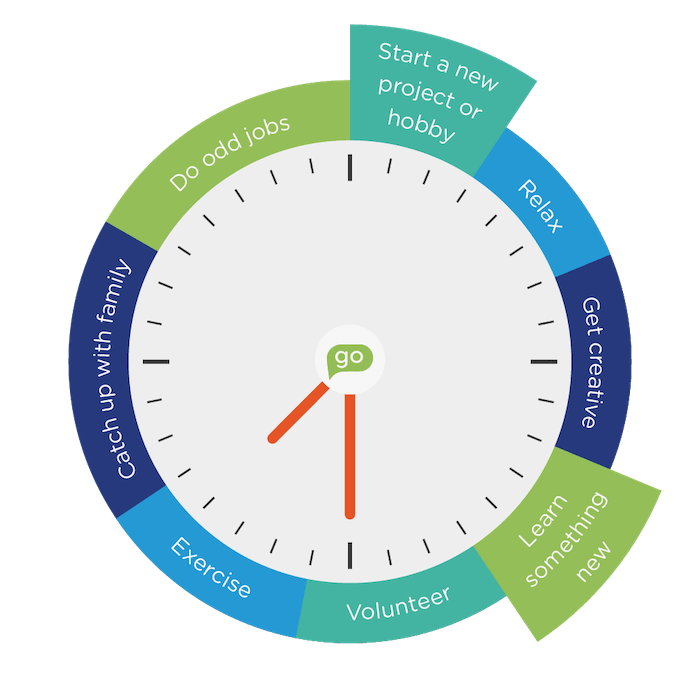Beyond the #funemployment we see plastered all over social media, where everyone seems to be reaping the positive effects of unemployment, there are others who really struggle to stay positive while unemployed.
Searching for a job can be financially, mentally and emotionally exhausting, and dealing with unemployment depression is something that many people find themselves experiencing in this uncertain time.
This is why it is so important to know how to stay positive when unemployed will be beneficial for your mental health and the productivity of your job search.
Structuring your thought process and daily routine is imperative for those wanting to overcome unemployment depression and will be beneficial to any job search.








